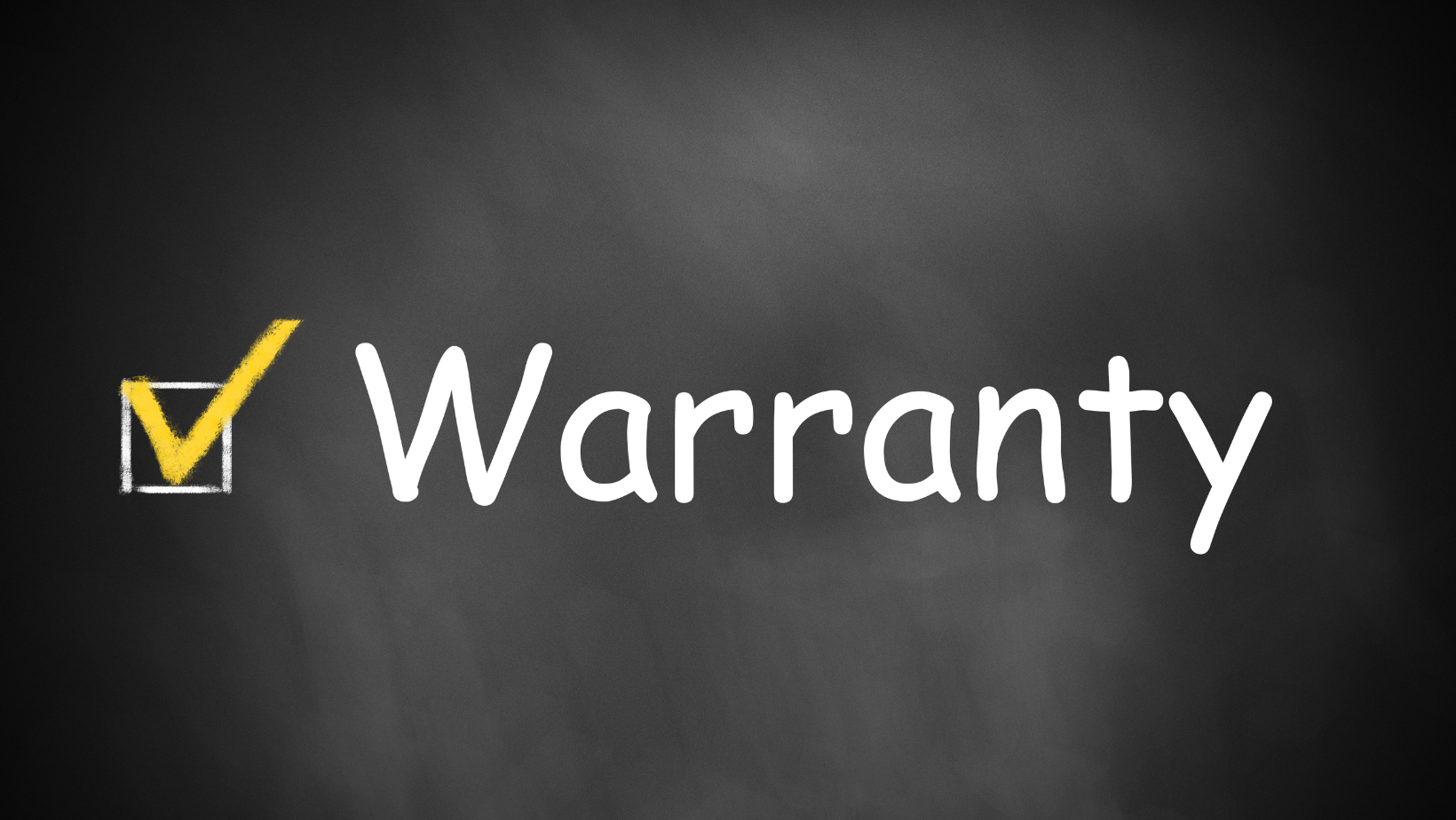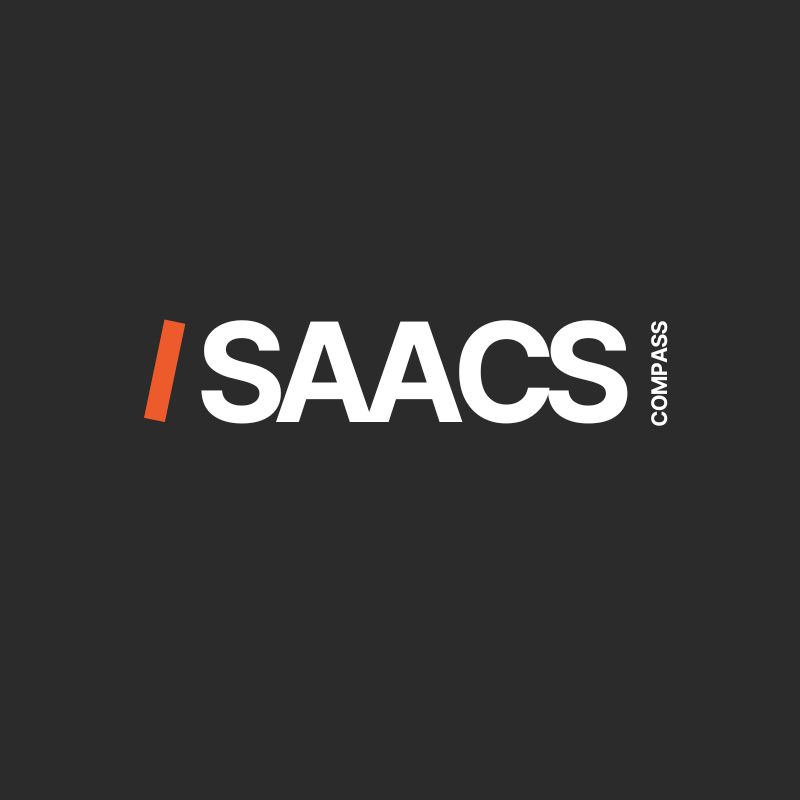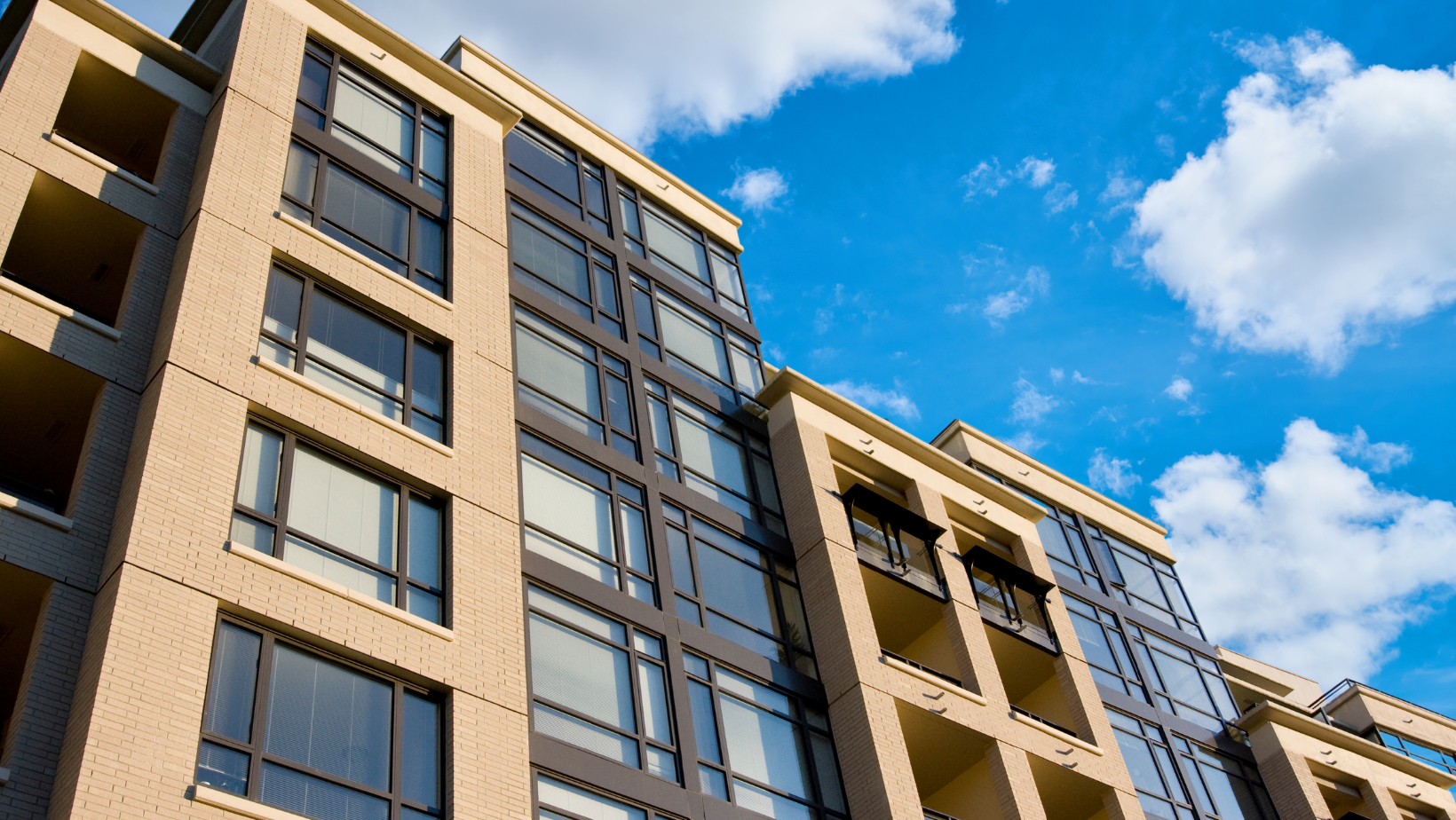So you bought a new condo. One of the reasons you chose new construction over a resale was its ‘plug & play’ aspect–nothing to do once you’ve gone to settlement, right? Um, no.
When the owner’s board takes over from the developer, a laundry list of vital decisions must be made within a fairly short period of time. If board members are unaware of this, much can be lost–at the expense of all owners–present and future. Here’s our not short and fairly comprehensive list of considerations new boards must weigh.
The Basics First
The association has a board comprised of appointees and elected officers. At the inception of the home owners association, the project developer appoints members of the board and is in full control. When homeowners gradually join the board, the developer maintains a majority voting share by retaining the most seats through appointees. Once a pre-determined percentage of sales is reached, usually 70% to 75%, the homeowners association turns over to a board of owners, while the developer retains the majority vote until the project’s final sale. At this stage, the developer transfers full ownership of the association to the homeowners and no longer has legal or financial responsibility, except under the provisions of DC Code § 42–1903.16.
Warranty against structural defects; limitation for conversion condominiums; exclusion or modification of warranty.
Board Responsibilities
Board members and owners must familiarize themselves with the required warranty required of the developer and of the warranty provisions in their purchase contracts.

Association boards should not delay in addressing building defects which would otherwise result in increased damage/deterioration, necessitating additional expense. A board should hire a qualified professional to evaluate the construction quality of the project while the enforcement period for any statutory or other rights is still in effect. This evaluation should be made by an engineer or architect or contractor with specialized training and experience in evaluating construction quality, and selected by the Board, not the developer.
Guides For Boards
Structural Defects
This article on “Structural Defects” by Cowie Law Group focuses on the warranty against structural defects and explains how warranties work and how to make claims against the developer’s security to fund warranty repairs.
In the “Survivor’s Guide To Construction Defect Resolution in the District of Columbia,” lawyers at Levin Law Group LLP explain that associations are not always aware of their rights when their projects are impacted by defective construction. Associations may not know how to remedy the defective conditions, and in particular, how to compel the project’s developer to address them.
Helpful Resources
Our page Washington DC Homeowner Associations & Condo Boards offers a complete guide for condominium association boards and owners.
In it, you’ll find detailed instructions, articles and resources for new and transition boards to follow, as well as links to DC law on warranties, construction code and remedies for defects.
Transition Studies & Legal Claims
Hire Your Own Attorney & Engineer
A board should hire a qualified professional to evaluate the construction quality of the project while the enforcement period for any statutory or other rights is still in effect. This evaluation should be made by an engineer or architect or contractor with specialized training and experience in evaluating construction quality, and selected by the Board, not the developer.
Read the Washington Post story linked below for an example.
Updated by The Isaacs Team February 16, 2024

